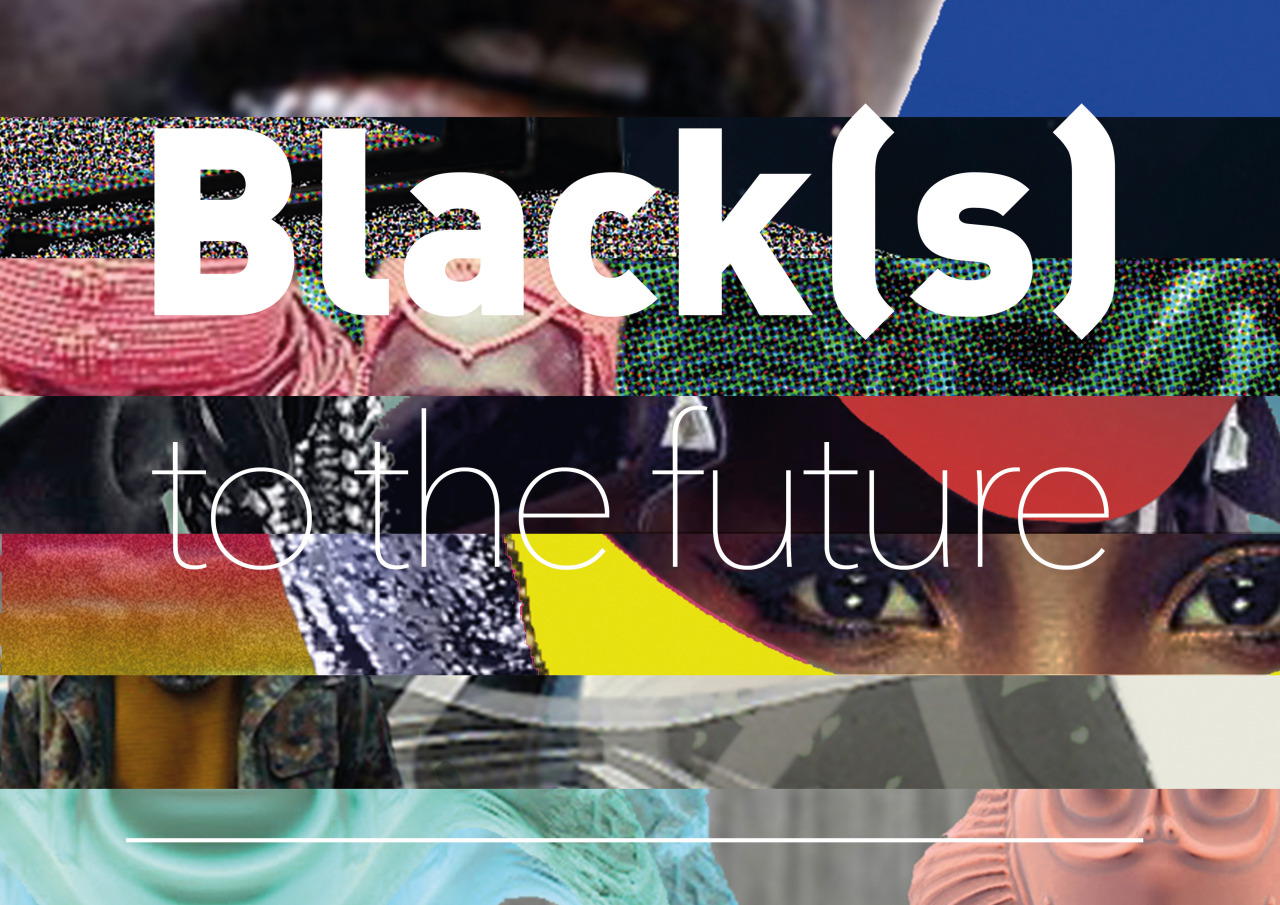In 1941, Moïse Yehouessi was called to war. A young man from Benin, he’d studied at William Ponty, a military school housed in a old fortress about twenty miles east of Dakar, in Senegal. Yehouessi fought on France’s side against the Axis powers in World War II. After the war, he immigrated to France, swayed by the propaganda promise of affirmative reception within France.
Three decades later, in December 2015, I sat talking to his granddaughter over Skype. “He was treated like shit,” said Mawena suddenly, from her Paris apartment. France did indeed see a rise in immigration after WWII, from all over Africa. Take, for instance, the thousands of Algerian pieds noirs who fled to France at the end of the Algerian War. It didn’t take long for internal tensions to emerge in France between the nation’s French-Algerians and the larger French populace. In James Markham’s 1988 New York Times article, “For Pieds-Noirs, the Anger Ensues,” former French prime minister Jacques Chirac is reported as saying, “To reconcile France with its colonial past is to reconcile France with itself. […] As a lieutenant in Algeria, I did my duty. I shared your hopes and your agonies, and understood your élan.” The last word, élan, struck me as glib. READ MORE…

